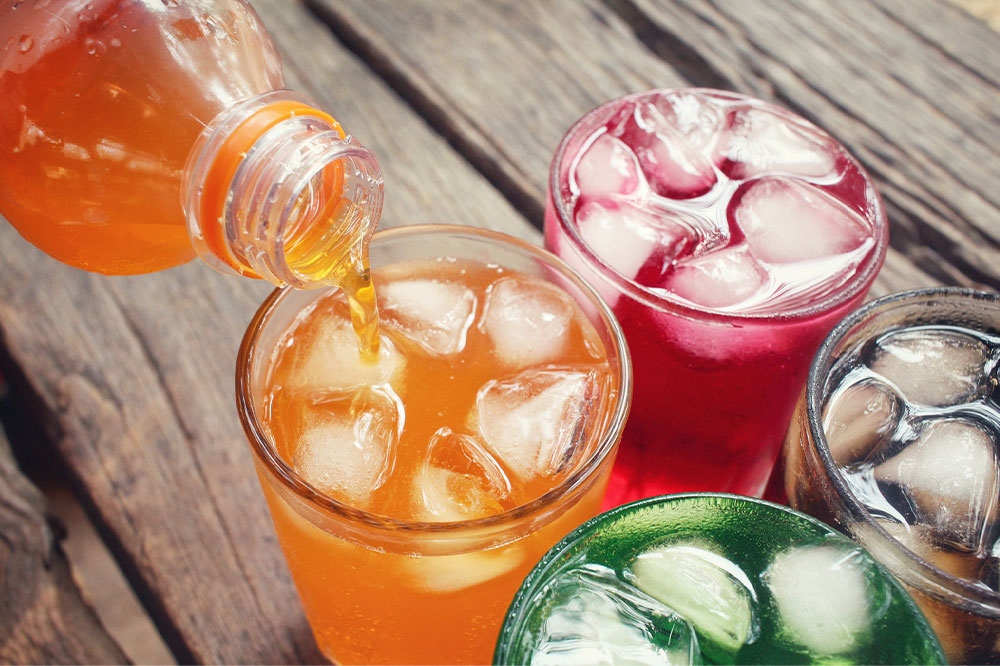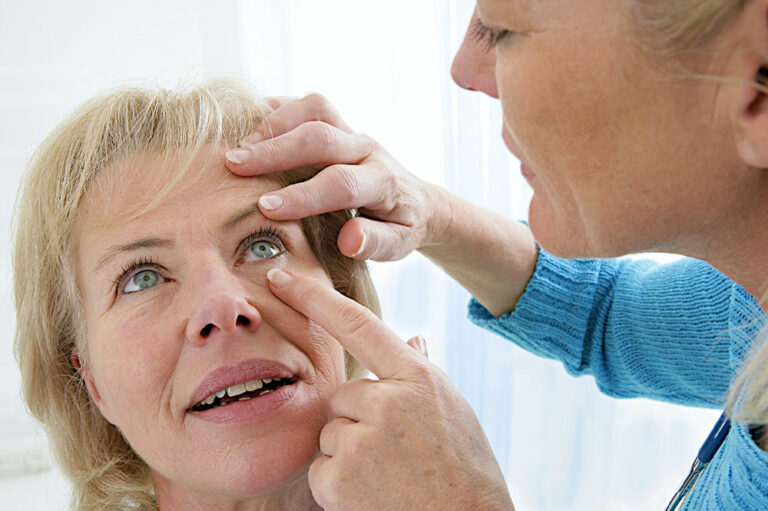
5 Foods to Avoid for Healthy Skin
Maintaining healthy, clear skin is a life-long process that requires dedication and effort. One’s daily routine, food habits, surroundings, and mental health, among other factors, can affect skin health. One should check and control instability in these factors to maintain health. While there isn’t a one-size-fits-all solution for skin health, better food choices can have an impact on managing and preventing skin diseases. Further, avoiding certain foods can also be beneficial.
How does food affect skin health?
Everyone has a unique skin and body type. So, everyone requires distinctive nutrition and customized skincare to get flawless and healthy skin. One’s daily meals contain a combination of minerals, vitamins, fibers, fats, acids, and more. But, not all components of food have a positive effect on the body. When considering healthy foods, many may focus only on their effects on the internal organs. However, people can often overlook the impact of food on one’s appearance. The skin is one of the largest organs in the body and requires a combination of nutrients to function. When one’s daily meal plan lacks essential nutrients, the deficiency may have an effect on the skin. Additionally, certain foods, when added in excessive quantities to meals, can harm the skin, encouraging signs of aging and making one more vulnerable to skin diseases. Healthy and glowing skin cannot be achieved only through nutrition, but adding skin-friendly foods based on one’s skin type can work wonders for their appearance. Further, foods one believes are healthy may actually cause harm to the skin. Here are the top foods one should avoid for healthy skin:
Foods to avoid
Soft drinks
Soft drinks contain a significant amount of sugar, and excessive sugar can be unhealthy. But how does it affect the skin? Sugary drinks can have a high glycemic index, which means their intake results in a spike in one’s blood glucose levels. An abnormal rise in blood sugar levels may not directly cause acne, but it can result in an increase in oil production on the skin. This excessive oil can increase the risk of acne and the formation of clusters made up of dead cells and bacteria. This cluster can turn into acne, making the skin vulnerable to other issues and skin diseases.
Coffee
Coffee and other caffeinated products might aggravate existing skin problems and cause further damage to the skin. This is because sleeplessness is an outcome of excessive caffeine intake. When experiencing a sleepless and alert state, one might be prone to high levels of stress. As discussed earlier, healthy skin is a result of persistent efforts to keep risk factors and triggers in check. When one is already experiencing acne, they need adequate risk to reduce breakouts. Caffeine disrupts rest and one’s mental and physical balance, worsening acne. It also dehydrates the body, drying the skin. People with dry skin might observe flakiness and dull skin as a result of excessive intake of coffee.
Milk
This can be surprising to some, but milk and dairy products may also worsen skin issues and can harm the skin. Milk contains certain hormones, the composition can vary based on how milk is processed. The Insulin-like growth factor 1 or somatomedin C present in milk, especially skimmed milk, has been linked to increased acne. On the other hand, the hormone estrogen in milk can reduce acne. However, estrogen is primarily found in whole milk, making it a better choice than skimmed milk if one is trying to improve skin health.
French fries and other fried food
French fries contain high amounts of sodium, which can have similar effects as sugar on the skin. Excessive salt can increase inflammation and dehydrate the skin, making it rigid and dull. Here, the elasticity of the skin is affected, making one prone to signs of premature aging, like wrinkles. Further, those with oily skin generally will have an adverse reaction to regular intake of fatty, fried, and salty foods like French fries.
Baked goods
Baked foods like cookies and cakes contain high amounts of trans fats. While the amount of trans fats has been reduced over time owing to various cooking regulations, prolonged intake of such desserts can have long-term negative effects. Trans fats can worsen the sun damage one experiences by increasing the damage caused by ultraviolet radiation to the skin. Sun damage is the key reason for premature signs of aging, like wrinkles. Irrespective of the skin type, trans fats can make the skin prone to diseases like skin cancer. Regular intake of foods with trans fats can also interfere with the healing process, delaying recovery of skin issues.
Identifying skin type
Identifying the skin type can help one determine the nutrition their skin needs. Among the various ways to identify one’s skin type, here is an easy method for quick analysis:
- One should wash their face using soap or a cleanser
- Wipe it clean with a fresh towel and let it dry
- Leave it as it is for at least half an hour
After waiting for the recommended time, if the skin feels drier, then one has dry skin. If one finds oily patches around the nose and neck area while the rest of the face seems dry, then they have combination skin. If the skin seems neutral, neither oily nor dry, then the skin type here is normal. Finally, if the face seems to be oily throughout, then this is a clear sign of oily skin. Once one has identified their precise skin type, they can begin planning a meal regimen that does not negatively affect their skin type and does not make them prone to breakouts and other skin issues. However, one should consult a dermatologist to confirm their skin type and seek guidance on how to care for their skin. Further, one should consider avoiding the above-mentioned foods that can worsen skin disease symptoms and increase the risk of developing other issues like acne, wrinkles, dryness, and itchy skin.





